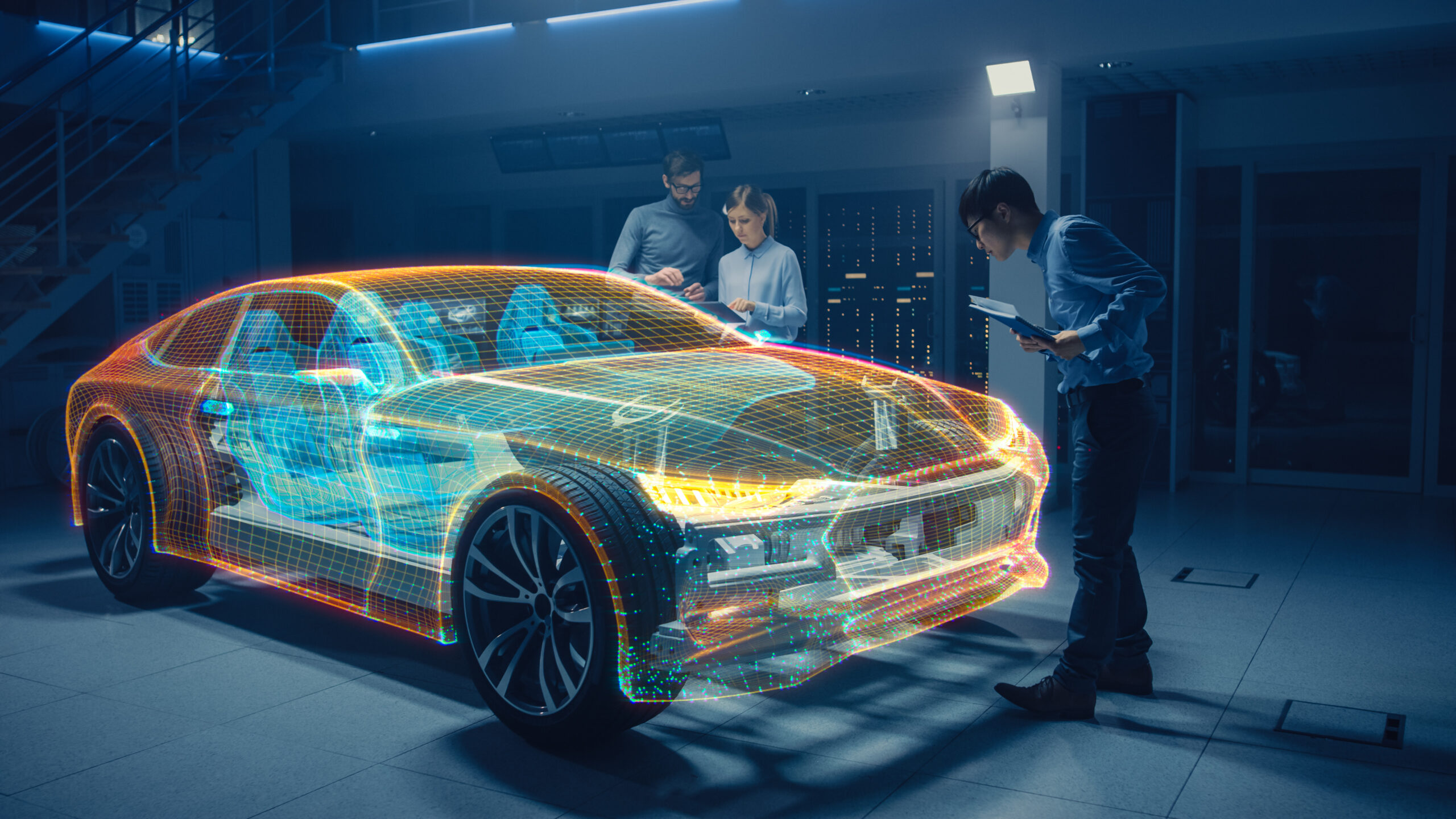The automotive industry https://www.competitiveinsurancequote.net is undergoing a major transformation. The rise of electric vehicles, autonomous driving, and connectivity are all changing the way we think about cars.
Electric vehicles (EVs) are becoming increasingly popular, as they offer a cleaner and more efficient alternative to gasoline-powered cars. In 2022, global EV sales reached 6.8 million units, up from 2.1 million units in 2017. This growth is expected to continue in the coming years, as governments around the world introduce policies to encourage the adoption of EVs.
Autonomous driving is another major trend in the automotive industry. Autonomous vehicles are cars that can drive themselves without any human input. This technology is still in its early stages, but it has the potential to revolutionize the way we travel. Autonomous vehicles could make our roads safer, reduce traffic congestion, and free up our time for other activities.
Connectivity is another important trend in the automotive industry. Connected cars are cars that are equipped with internet access. This allows drivers to access a variety of information and services, such as navigation, entertainment, and climate control. Connectivity also makes it possible for cars to communicate with each other, which could help to prevent accidents.
The automotive industry is facing a number of challenges as it adapts to these new trends. One challenge is the cost of developing new technologies. The development of EVs, autonomous vehicles, and connected cars is expensive, and it is not clear who will ultimately bear the cost of these technologies.
Another challenge is the regulatory environment. Governments around the world are still trying to figure out how to regulate these new technologies. This uncertainty can make it difficult for automakers to invest in new technologies.
Despite these challenges, the automotive industry is poised for significant growth in the coming years. The rise of EVs, autonomous driving, and connectivity will create new opportunities for automakers and suppliers. The industry is also becoming increasingly globalized, as automakers look to expand their sales in new markets.
The future of the automotive industry is uncertain, but it is clear that the industry is undergoing a major transformation. The trends of electrification, autonomous driving, and connectivity are all changing the way we think about cars. These trends will have a profound impact on the industry in the years to come.
Here are some additional thoughts on the future of the automotive industry:
- The demand for electric vehicles is expected to continue to grow in the coming years, as governments around the world introduce policies to encourage the adoption of EVs.
- Autonomous driving technology is still in its early stages, but it has the potential to revolutionize the way we travel. Autonomous vehicles could make our roads safer, reduce traffic congestion, and free up our time for other activities.
- Connectivity is becoming increasingly important in the automotive industry. Connected cars are equipped with internet access, which allows drivers to access a variety of information and services. Connectivity also makes it possible for cars to communicate with each other, which could help to prevent accidents.
The automotive industry is facing a number of challenges as it adapts to these new trends. However, the industry is also poised for significant growth in the coming years. The rise of EVs, autonomous driving, and connectivity will create new opportunities for automakers and suppliers. The industry is also becoming increasingly globalized, as automakers look to expand their sales in new markets.
The future of the automotive industry is uncertain, but it is clear that the industry is undergoing a major transformation. The trends of electrification, autonomous driving, and connectivity are all changing the way we think about cars. These trends will have a profound impact on the industry in the years to come










